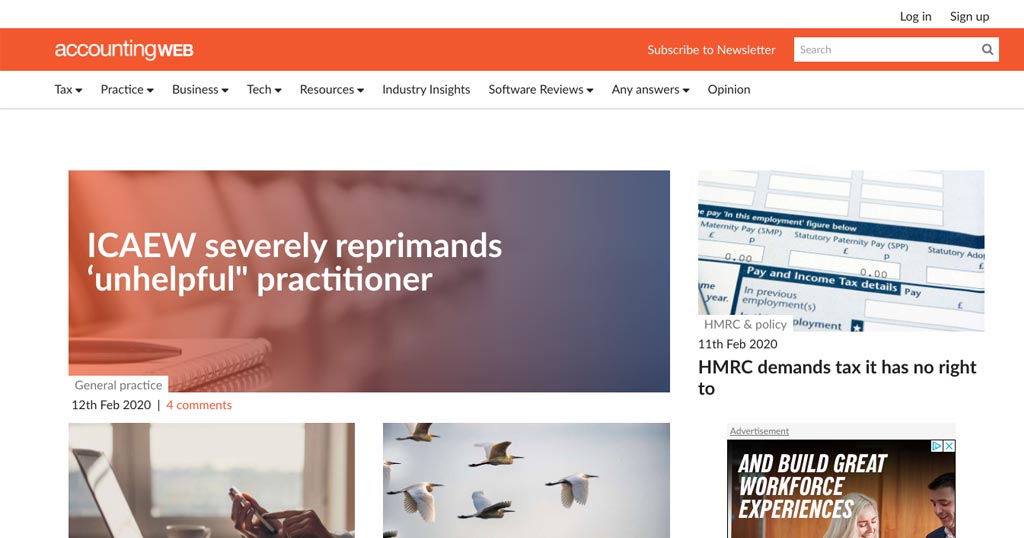Are you a construction company looking for a reliable, experienced, and agile accounting firm to handle your financial needs?
We are a family-run accountancy firm and we specialise in providing accounting services specifically tailored to the construction industry.
We are well experienced with the unique challenges that construction companies face and can ensure compliance with the Construction Industry Scheme (CIS) and minimise your tax liability.
Our job costing services will help you accurately track and report the costs associated with your projects, and our modern billing and invoicing will ensure that you receive payment in a timely manner.
We also have specialised software that will help you manage the complex data and reporting requirements associated with construction projects.
We also assist with the percentage of completion method, which is essential for tracking revenue in a way that reflects the progress of the project.
We can conduct regular financial reviews of your projects, comparing actual costs to budgeted costs and ensure that projects are on track by identifying any potential issues so you can address them in a timely manner.
Don’t let accounting and compliance issues hold your construction business back. Contact us today to schedule a consultation.
Prepare for CIA with Majors Accountants
Construction Accounting vs Standard Accounting
Construction accounting has several distinct features that set it apart from standard accounting.
Construction projects often involve multiple phases and stakeholders, and the revenue and expenses associated with each phase need to be tracked and reported separately.
Additionally, construction projects often involve a significant amount of upfront investment which needs to be tracked and accounted for.
As a result, construction accounting requires a more detailed and nuanced approach and it requires specialised software and tools to meet its unique challenges.
What is the Construction Industry Scheme?
The Construction Industry Scheme (CIS) is a set of rules that govern how construction companies and their subcontractors handle taxes and payments.
The scheme covers a wide range of work, including:
- building,
- civil engineering,
- and demolition.
Businesses that are covered by the CIS include contractors and subcontractors who carry out construction work, as well as landlords who carry out construction work on their own property.
Under the CIS, contractors are required to register with HMRC and obtain a unique CIS number.
Subcontractors are also required to register with HMRC, but they do not need to obtain a CIS number.
Once registered, contractors are responsible for deducting money from payments made to subcontractors and paying it to HMRC on their behalf. Subcontractors are then responsible for paying their own taxes based on the money they have received.
We can help you to navigate the CIS and ensure compliance with the rules. We can assist with registering for the CIS, calculating and making deductions, preparing and submitting returns, and resolving any challenges that may arise.
We can also advise on how to minimise tax liability and claim any available tax reliefs.
Work-In-Progress (WIP)
Work-In-Progress (WIP) in construction refers to the value of unfinished work on a construction project. It represents the costs incurred on a project to date, including materials, labour, and overhead expenses that have not yet been billed to the customer or recognised as revenue.
In accounting, WIP is considered a type of inventory and is typically reported as a separate line item on the balance sheet.
The amount of WIP can fluctuate depending on the stage of the project and the amount of work completed.
WIP is important in construction accounting because it provides an indication of the financial performance of a project.
It allows construction companies to track progress, identify potential issues, and make adjustments to ensure the project stays on budget and on schedule.
WIP is also used to calculate the percentage of completion of a project and track the costs incurred on the project and accurately bill the customer for those costs.
This can be done in different ways, depending on the contract type.
For example, some contracts are based on actual costs incurred and others are based on fixed price contracts.
Construction Accounting Best Practices
There are several best practices that construction companies should follow when it comes to accounting:
- Accurate Job Costing
You should have a strong system in place to accurately track and report the costs associated with each project.
- Timely Billing
You should bill your customers in a timely manner, ideally at the end of each month or at the completion of a phase of work. This will help ensure that cash flow is consistent and that you can meet your financial obligations.
- Percentage of Completion Method
You should use the percentage of completion method to recognise revenue. This will provide a more accurate understanding of the completion status of the job, and the money you are owed for your work.
- Compliance with the Construction Industry Scheme (CIS)
You must ensure compliance with the rules and regulations of the CIS, including registering for the scheme, calculating and making deductions, preparing and submitting returns, and resolving any challenges that may arise.
- Use of specialised software
You should leverage specialised accounting software that is designed specifically for construction. This software makes managing complex data and reporting requirements faster, and more cost-efficient.
- Regular Financial Review
Construction companies should conduct regular financial reviews of their projects, comparing actual costs to budgeted costs, to ensure that projects are on track and that any potential issues are identified and addressed in a timely manner.
- Hire a specialised accountant!
We would say this, but we have been helping our construction clients meet their requirements and trade with confidence for years. We know the pitfalls, the trapdoors and we know how to deliver crucial accountancy services to the construction industry.
Our CIS Accountant
Eriona Bajrakurtaj, ACCA ACPA MSc LLM
Eriona is an expert in helping businesses understand and manage their tax affairs aligned with the rules & regulations within the Construction Industry Scheme.
Eriona’s experience is limitless and is a current member of the QuickBooks Accountant Council.

Frequently Asked Questions
What is the role of a Construction Accountant?
A Construction accountant is responsible for various financial tasks within the construction industry. For example, construction accountants can collaborate with project managers & associates to ensure the company meets its financial obligations.
Other duties can include preparing financial statements, monitoring costs & budgets as well as, working with the accounting department to produce financial reports. To learn more about the role of a construction accountant and how we can help, contact us directly for more information.
Do I need an Accountant as a Contractor?
In simple words, yes. Enlisting the services of an accountant can help your self-employed business, especially considering how complex and frequent the law changes in the UK.
You will need an accountant to give you regular advice to ensure that you’re making your accounts correctly. There are numerous benefits to hiring a construction accountant such as the ability to stay compliant, free up your time, get trustworthy advice, communicate with HMRC and help with IR35.
At Majors, we have qualified & experienced construction accountants who will be able to provide a range of accounting services and allow you to focus on growing your business.
What Accounting Method is used in Construction?
To find out more information, email us directly.
What skills do you need to be a Construction Accountant?
- Typically you will need a bachelor’s degree in an accounting or finance field.
- Extensive knowledge of the construction industry.
- Proficiency in accounting software such as QuickBooks.
Our Accreditations
Accounting Web UK panellist

MTD Provider

Parliamentary Review


